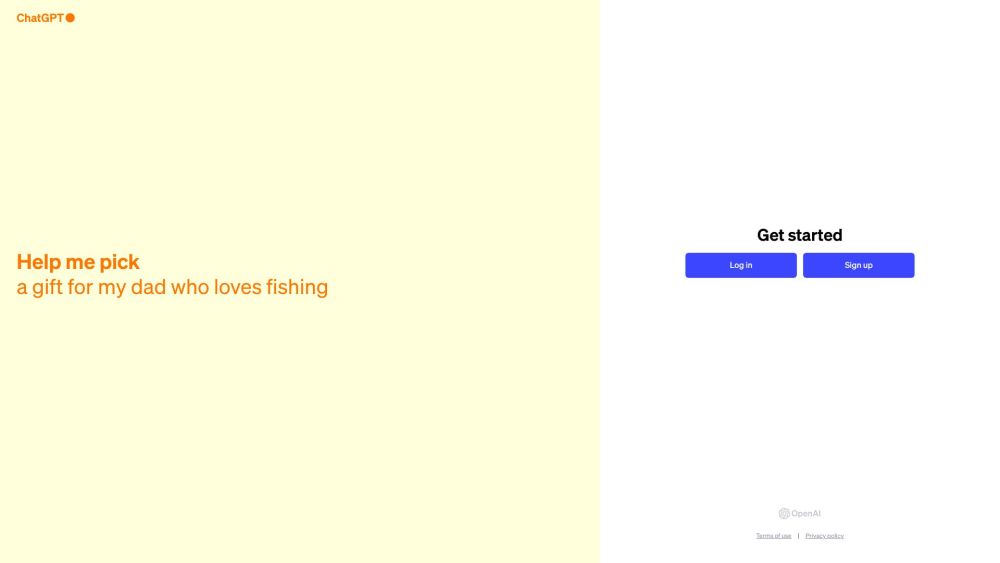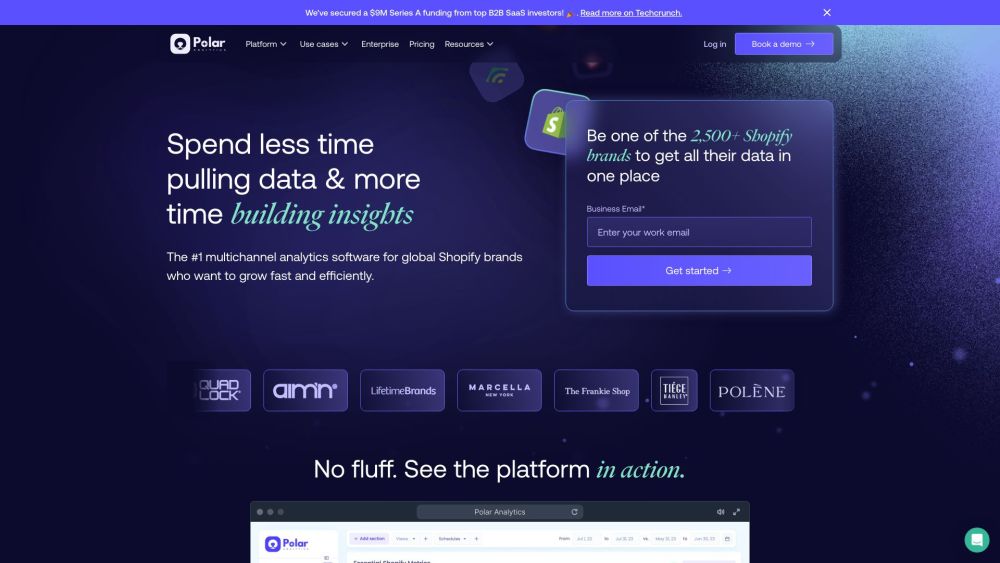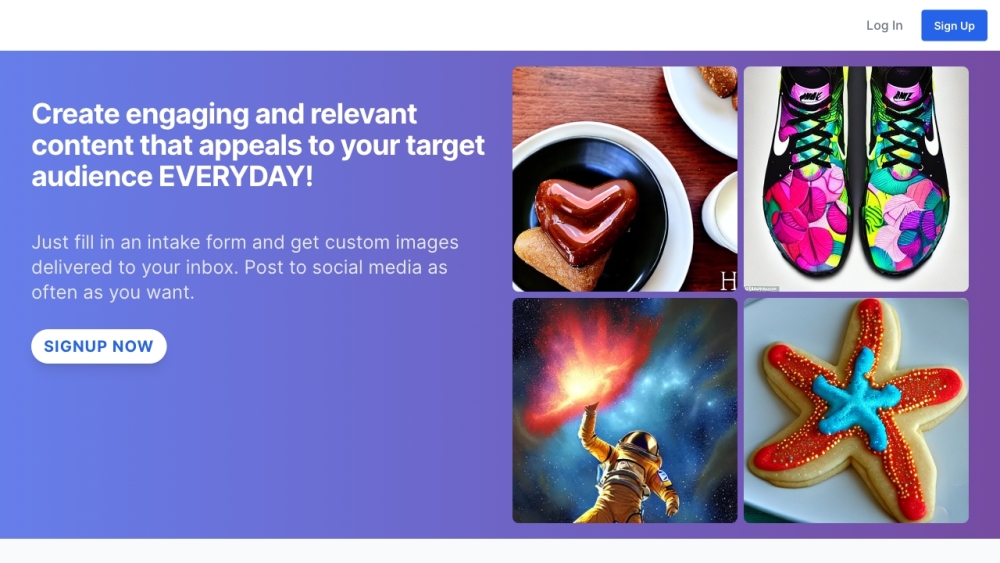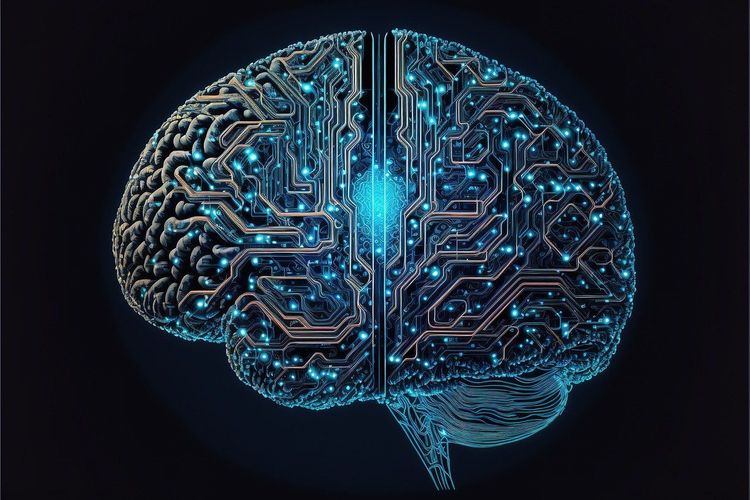A judge has ruled that a lawsuit filed by several artists against Stability AI, Midjourney, and other AI-related companies can proceed, with some claims dismissed. The artists allege that popular generative AI services violated copyright law by training on datasets that include their works, allowing users to directly reproduce these creations.
Last year, Judge William Orrick permitted a direct copyright infringement complaint against Stability, the operator of the widely used Stable Diffusion AI image generator. Although he dismissed various other claims, he encouraged the artists' legal team to revise their arguments for clarity. In a recent ruling, the judge approved an additional claim of induced copyright infringement against Stability. He also allowed copyright claims against DeviantArt, which utilized a model based on Stable Diffusion, and against Runway AI, the initial startup behind Stable Diffusion. Furthermore, he permitted copyright and trademark infringement claims against Midjourney.
These claims include allegations that Midjourney misled users with a “Midjourney Style List,” comprising 4,700 artists' names that could be used to generate works in their style. The artists contend that this list, created without their consent, suggests a false endorsement. The judge found the accusation credible enough to warrant further examination.
However, Judge Orrick rejected some arguments he had previously asked for more details on, dismissing claims that the generators violated the Digital Millennium Copyright Act by removing or altering copyright management information. He also ruled against claims that DeviantArt breached its terms of service by allowing the scraping of users’ work for AI training datasets. The claims that the judge approved will need to be argued in court.
Artist Kelly McKernan, involved in the lawsuit, described the ruling as “very exciting” and a “HUGE win” on X. She noted that this advancement allows them to request crucial information from the companies during discovery, potentially uncovering details about the mechanisms behind these tools. “Now we get to find out all the things those companies don’t want us to know,” McKernan stated, although any ordered information wouldn’t necessarily be made public.
The case’s outcome remains uncertain. Numerous lawsuits have emerged against AI companies, alleging that tools like Stable Diffusion and ChatGPT unlawfully reproduce copyrighted works. While the companies counter that these reproductions are rare and difficult to create, they argue that their training falls within the scope of legal fair use. Some early lawsuits have been dismissed, including a GitHub Copilot case referenced in yesterday’s ruling, while others, like the New York Times Company's suit against OpenAI, continue.
Amidst this legal backdrop, OpenAI, Google, and other tech giants have secured multimillion-dollar agreements with publishers and photo providers to ensure ongoing data access. In contrast, smaller companies like Stability and Midjourney have limited funds to acquire data, and individual artists have less leverage to demand compensation. Consequently, the legal stakes in this dispute are significant for all parties involved.





